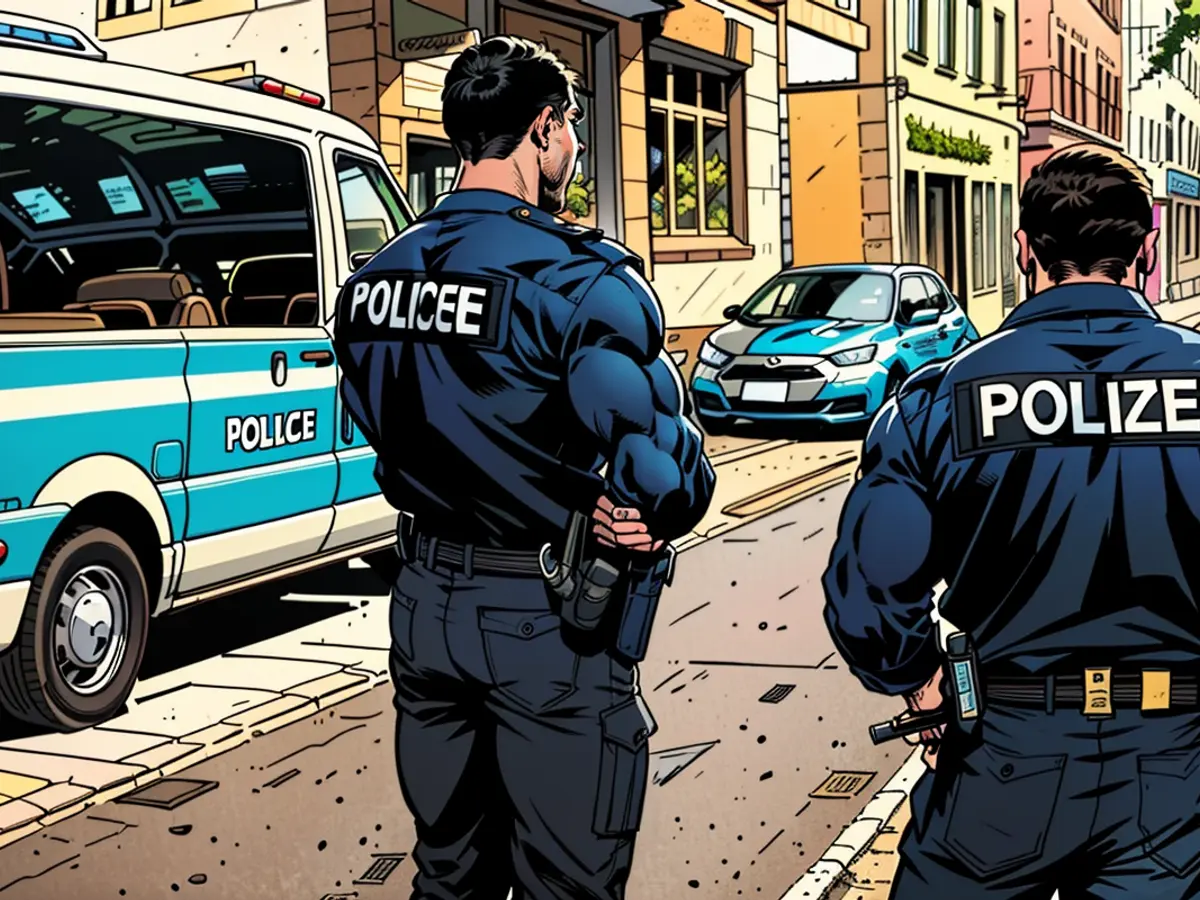Radical ideologies or practices - Lower Saxony targets Salafists, prohibiting their organization.
In response to the restriction on the German-speaking Muslim Community (DMG) in Braunschweig, Lower Saxony has put measures in place to target the Islamic community in Germany.
The organization is said to challenge the constitutional order and the intercultural understanding between people. "We won't condone groups where non-adherents, women, or Jews, or our way of life is disrespected and advocated for their restraint," commented Daniela Behrens, Interior Minister for Lower Saxony (SPD). "The ban on the DMG is a significant blow against the Salafist movement in Lower Saxony and further."
Enforcing the ban
To ensure the ban is enforced, special forces conducted searches at eight locations in Braunschweig and Berlin on Wednesday. No arrests were made, as per Behrens. The DMG's possessions were confiscated. In Berlin, it involved two personal apartments, according to dpa information.
The DMG's radicalization
The DMG, which has been under surveillance by the Niedersachsen State Office for the Protection of the Constitution for several years, is alleged to have grown increasingly radicalized. The ministry claims the group managed to reach numerous young people via an online platform and social media. Nationally-known Salafist preachers were featured in many broadcasts. Their speeches, though, did not focus on religion; instead, they revolved around hatred, animosity, and agitation.
Read also:
- The ban on the DMG is seen as a significant step in Germany's efforts to combat extremism within its Muslim communities, specifically targeting the Salafist movement.
- Daniela Behrens, the Interior Minister for Lower Saxony, has criticized the DMG for disrespecting non-adherents, women, and Jews, and advocating for their restraint.
- The ban on the DMG has been supported by Muslim associations in Lower Saxony, including in cities like Brunswick, who are opposed to the radical ideologies and practices promoted by the organization.
- Despite the controversial nature of the ban, the police in Germany have been working diligently to ensure that it is enforced, conducting searches at multiple locations in cities like Braunschweig and Berlin.
- The Salafist movement in Germany has been accused of promoting hate speech and animosity towards non-Muslims, with their speeches often focusing on hatred and agitation rather than religion.
- The ban on the DMG has raised concerns about the potential impact on the overall integration of Muslims in Germany, with some criticizing the approach as being heavy-handed and potentially counterproductive in the long term.








